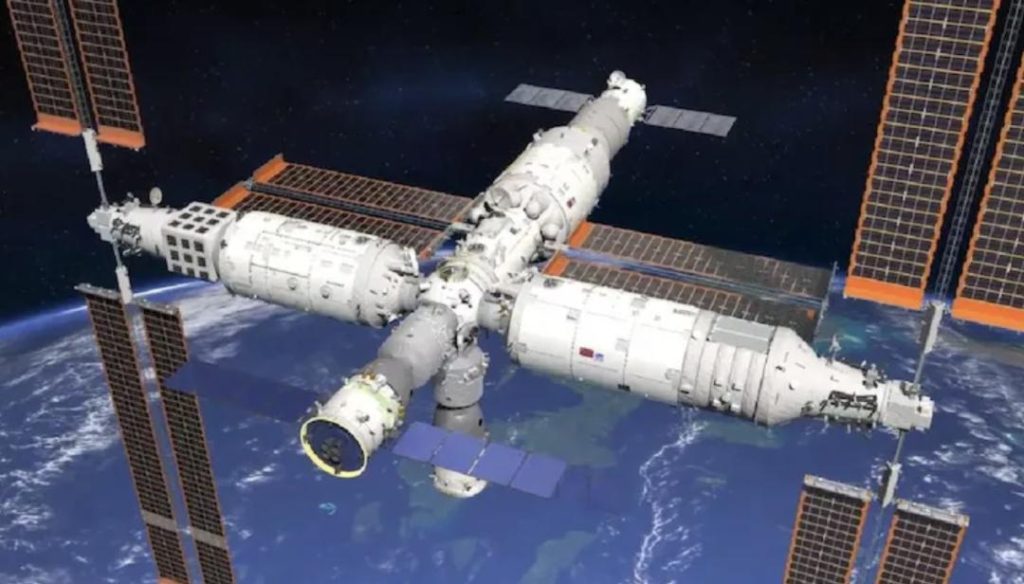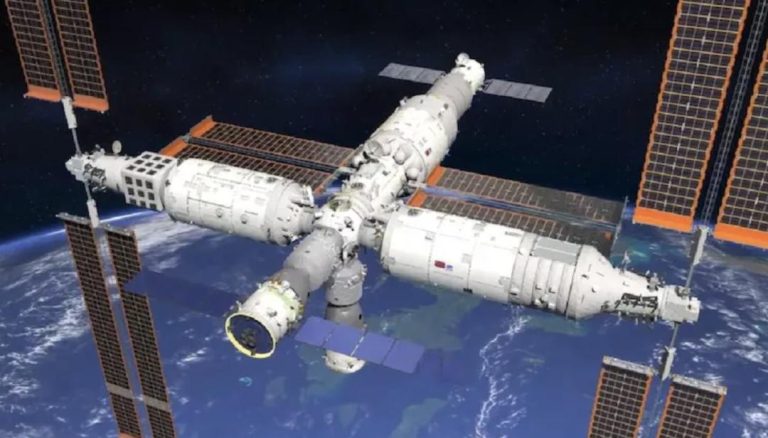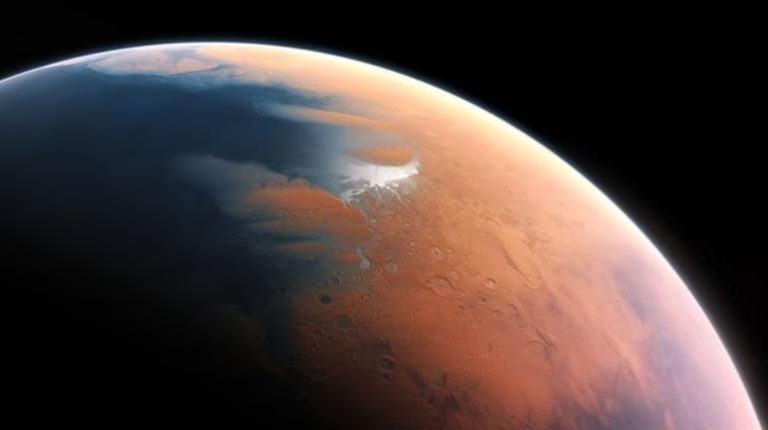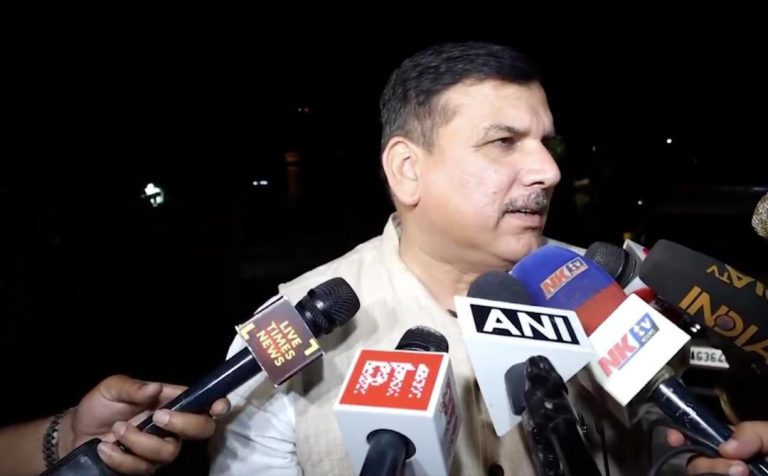
China to Train & Launch Pakistani Astronauts for the 1st Time
In a historic move, China has announced that it will train and launch two Pakistani astronauts as part of a joint mission to its Tiangong space station. This marks a significant milestone in the bilateral space cooperation between the two countries, with Pakistan becoming the first foreign country to have astronauts trained and launched by China.
According to a statement released by the China Manned Space Agency (CMSA), the two Pakistani astronauts will receive spaceflight training in China to prepare them for the mission. The training program is expected to cover a wide range of topics, including spaceflight theory, spacewalk training, and scientific experiments.
The joint mission is part of a bilateral deal between China and Pakistan to train and send Pakistani astronauts to China’s space station. The deal was signed during a visit by Chinese President Xi Jinping to Pakistan in 2015. The mission is seen as a major step forward in the space cooperation between the two countries, which has been growing steadily over the past few years.
China’s Tiangong space station is a modular space station that was launched in 2011 and has been continuously occupied by Chinese astronauts since then. The station is designed to support long-duration spaceflight missions and is equipped with advanced life support systems, scientific instruments, and other facilities.
The decision to train and launch Pakistani astronauts is seen as a significant boost to Pakistan’s space program, which has been making rapid progress in recent years. Pakistan has been working on its space program since the 1960s and has launched several satellites into space, including the first Pakistani satellite, Badr-1, in 1990.
Pakistan has also been actively participating in international space cooperation initiatives, including the United Nations Office for Outer Space Affairs (UNOOSA) and the Asia-Pacific Space Cooperation Organization (APSCO). The country has also been working on its own space station project, which is expected to be launched in the near future.
The training program for the Pakistani astronauts is expected to begin soon, with the mission scheduled to take place in the near future. The exact date of the mission has not been released, but it is expected to take place in the next few months.
The decision to train and launch Pakistani astronauts is seen as a significant boost to China’s space program, which has been experiencing rapid growth in recent years. China has been actively pursuing its space program, with a focus on sending humans to space and conducting space-based scientific research.
In recent years, China has made significant progress in its space program, including the launch of its first space station, the Tiangong-1, in 2011. The country has also launched several crewed missions to space, including the Shenzhou-8, Shenzhou-9, and Shenzhou-10 missions.
China’s space program is expected to continue growing in the coming years, with plans to launch a new space station, the Tiangong-3, in the near future. The country is also working on its own lunar exploration program, which is expected to send a manned mission to the moon in the near future.
The training and launch of Pakistani astronauts is seen as a significant step forward in the bilateral space cooperation between China and Pakistan. The move is expected to strengthen the relationship between the two countries and pave the way for further cooperation in the space sector.
In a statement, the Chinese Foreign Ministry welcomed the decision to train and launch Pakistani astronauts, saying that it reflects the strong friendship and cooperation between the two countries. The ministry also expressed its hope that the mission will promote the development of space cooperation between China and Pakistan and contribute to the progress of the space industry in the region.
The training and launch of Pakistani astronauts is a significant milestone in the history of space exploration, marking the first time that a foreign country has been trained and launched by China. The move is expected to pave the way for further cooperation in the space sector and promote the development of space exploration in the region.
Source:






